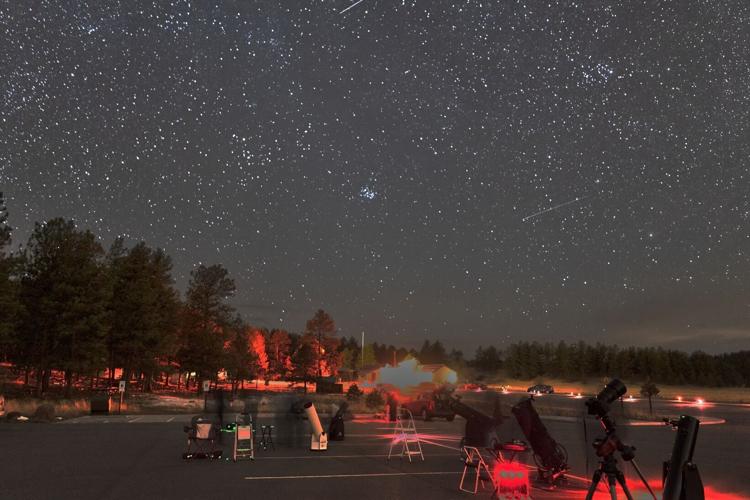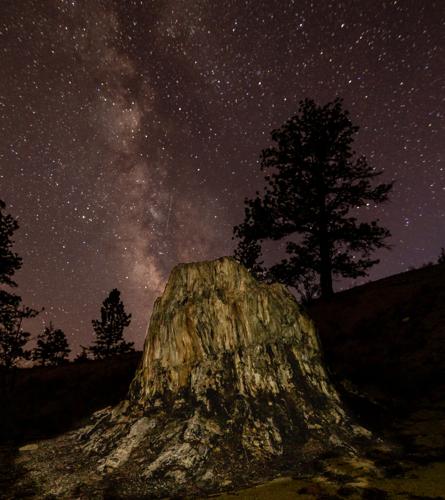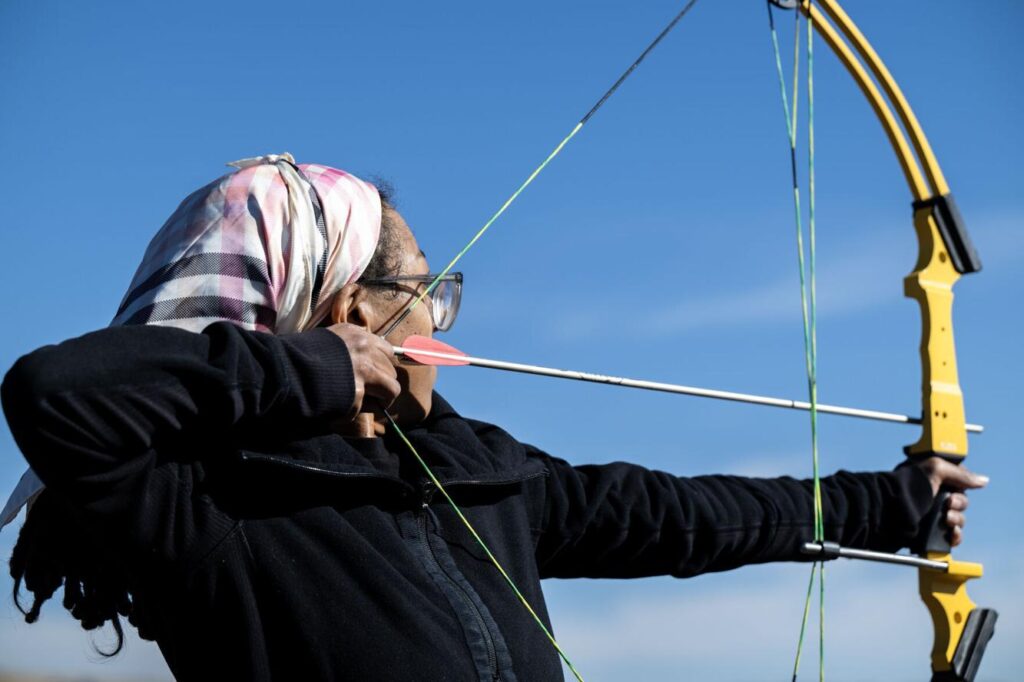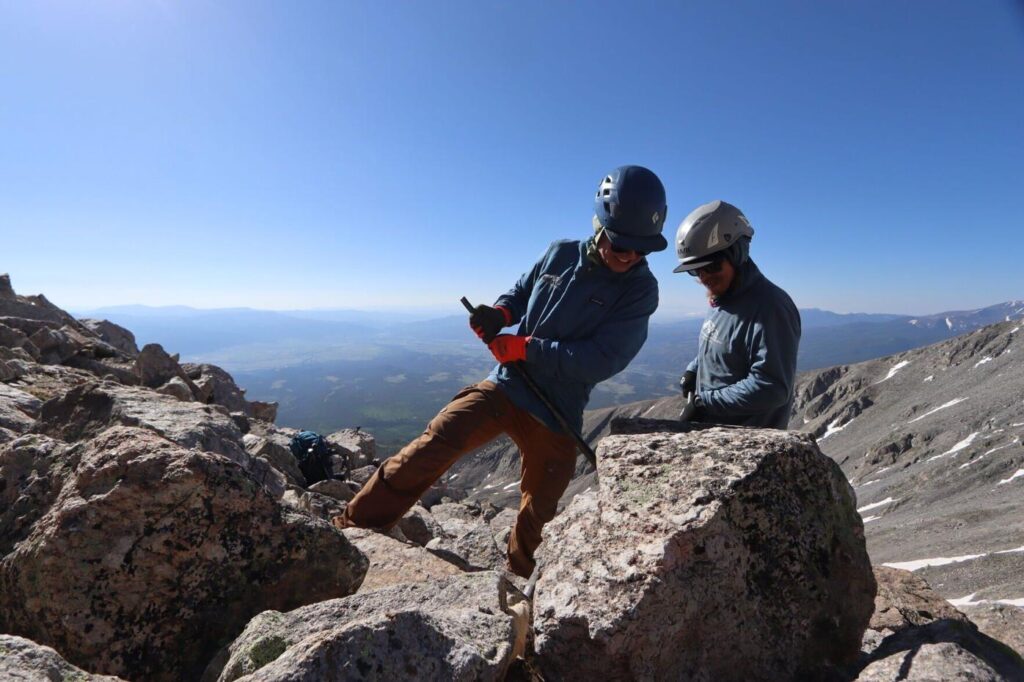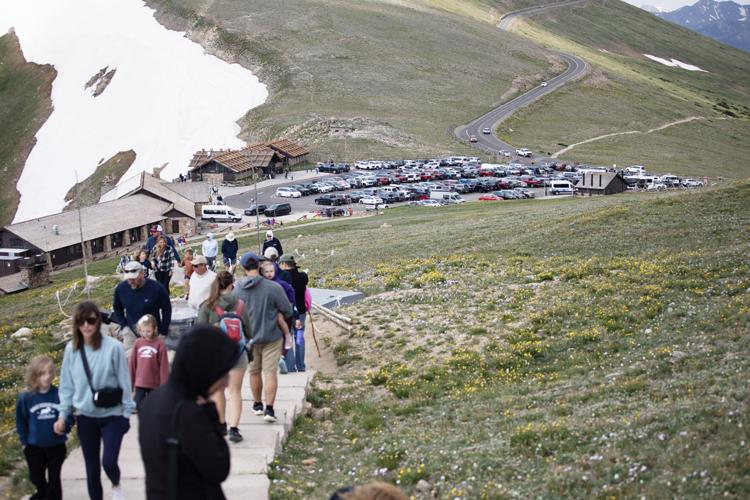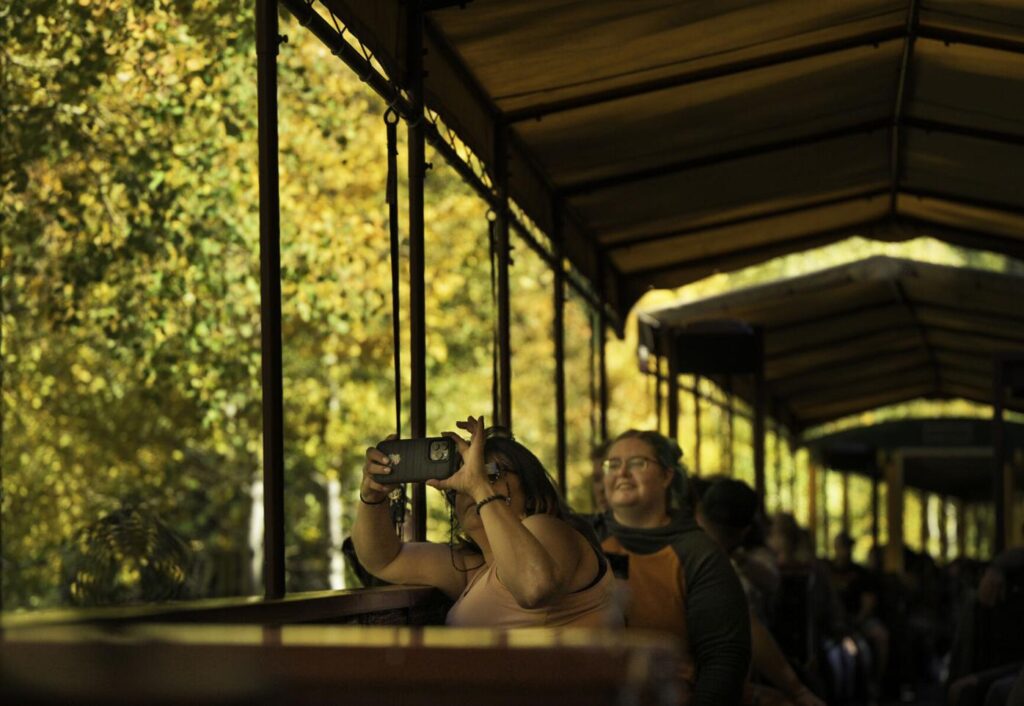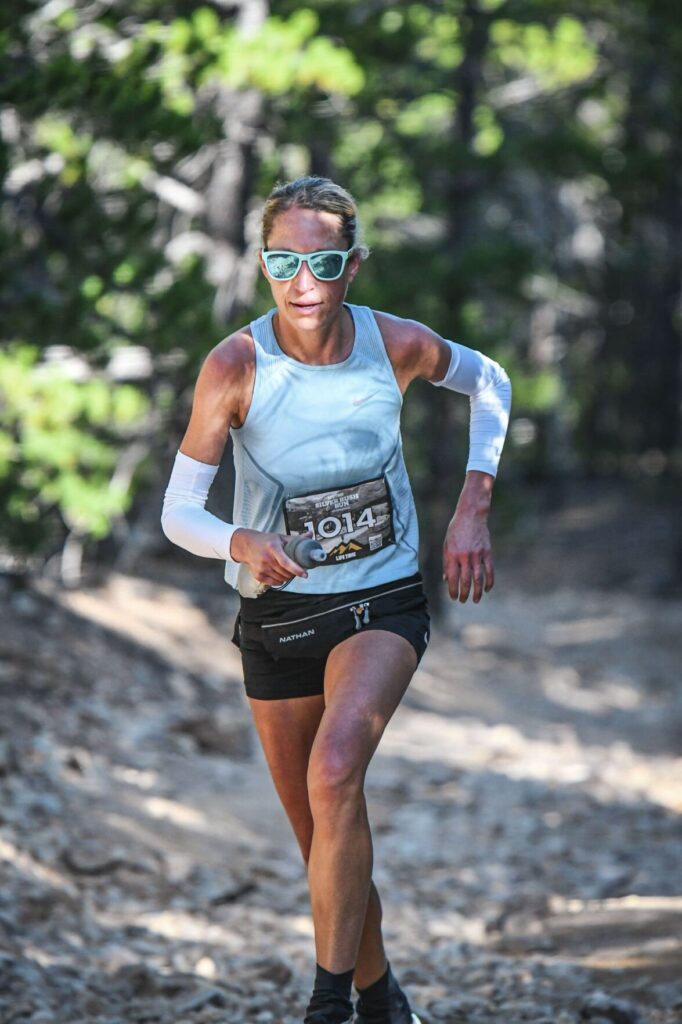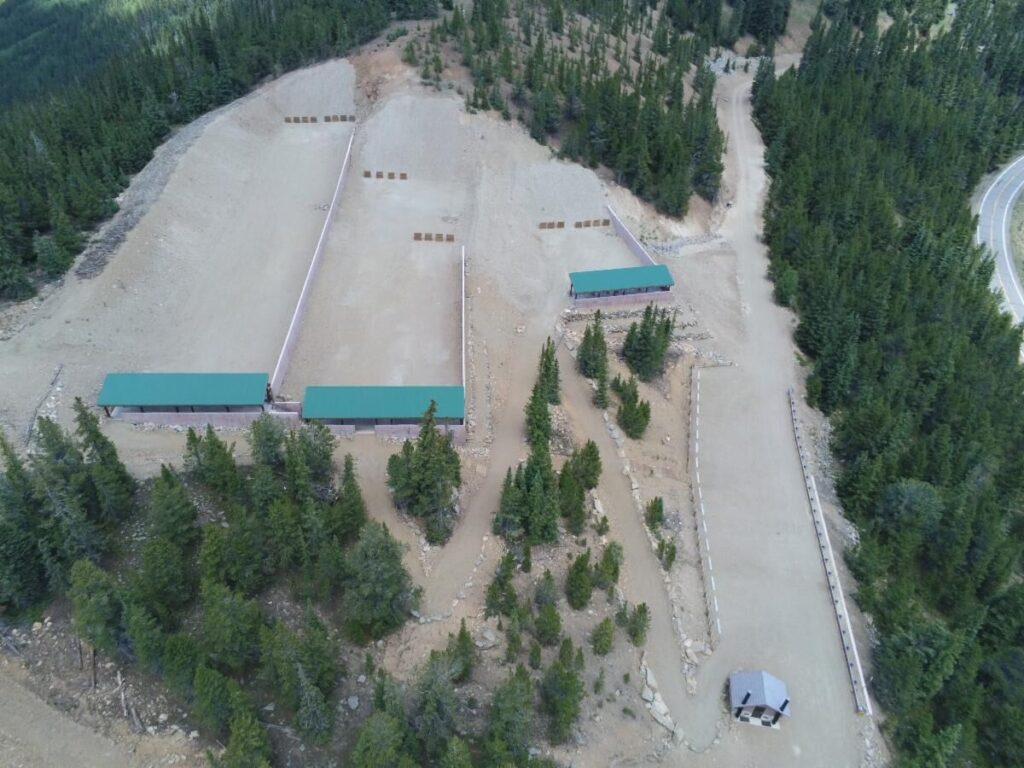‘Star party’ set for dark sky over ancient place outside Colorado Springs
Colorado Springs Astronomical Society invites you to admire an unusually dark sky in a most unusual place not far from the city.
Volunteer astronomers with high-powered telescopes and laser pointers have scheduled a “star party” starting at 8:30 p.m. May 31 at Florissant Fossil Beds National Monument. That’s the place of ancient, redwood tree stumps where other subtropical species are preserved from a volcanic era 34 million years ago.
The prehistoric intrigue is only typically observed during the day. But “half the park is after dark,” we heard a ranger say to a star party crowd last year.
People near and far — Florissant Fossil Beds is less than an hour from Colorado Springs and closer to two hours from Denver — have attended these regularly scheduled events since 2021.
That year, the national monument gained International Dark Sky status with a short list of parks around the world. In Colorado, the parks list is 15.
The designation is reserved for places mostly spared from light pollution, granting views of the Milky Way along with other galaxies, planets and nebulae. Florissant Fossil Beds’ proximity to population centers makes it unique for the Dark Sky classification — “easily accessible yet far enough away from light pollution to provide dark, star-filled skies,” by the park’s own description.
The star parties are weather dependent; the park recommends calling ahead: 719-748-3253. If conditions don’t allow for May 31, the next day is listed as a back-up.
Viewing is from 8:30-10:30 p.m. A national parks pass must be showed or day fees purchased at the visitor center for $10 per person (16 and older).
The next scheduled star party is Aug. 2. People any night can stop and stargaze from Hornbek Homestead, the pull-off along County Road 1 north of the park entrance.






